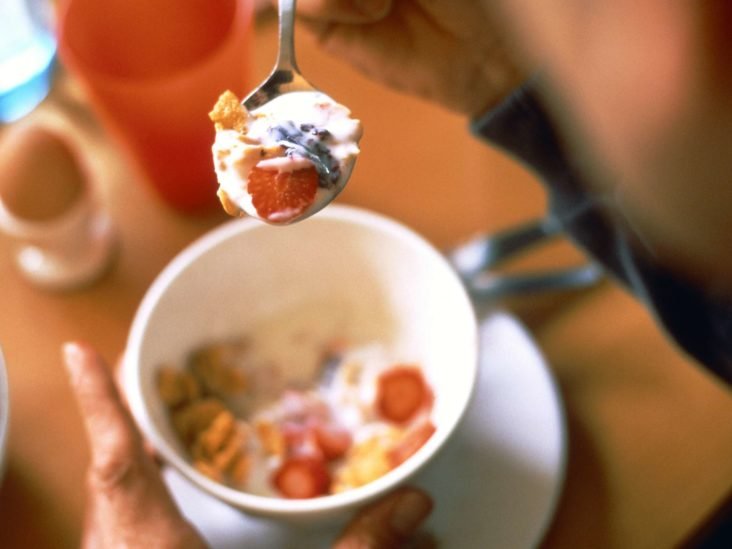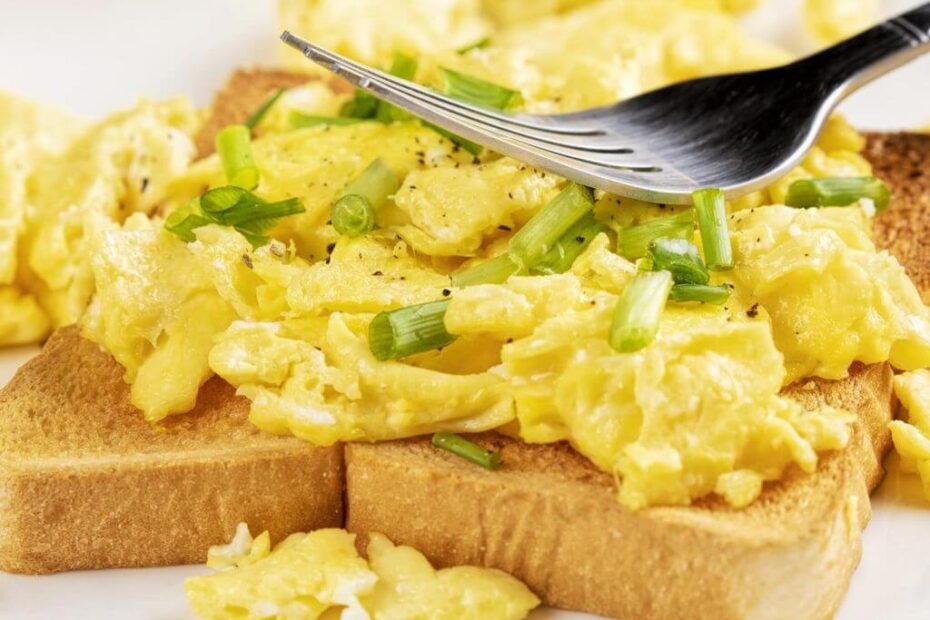
People with diverticulitis experiences frequent abdominal pain and cramping, as well as diarrhea and constipation, and often have to make changes to what they eat. Dealing with diverticulitis involves a number of lifestyle changes, and different people respond differently to various treatments.
What works for one person may not work for you, since our bodies respond differently to different foods, depending on genetics and other health factors. People with diverticulitis may have abdominal pain, cramps, bloating, constipation, and diarrhea.
The goal of treating diverticulitis is to reduce inflammation and strengthen the muscles of your colon in order to prevent future attacks. The key to a healthy diet is to eat a variety of foods that are low in fat, high in fiber, and rich in nutrients. This will help to reduce the risk of diverticulitis and other digestive disorders.
What is the best diet for diverticular disease?

The best diet for diverticular disease aims to eliminate foods that worsen symptoms and prevent symptoms from returning. The diet is also intended to prevent future attacks.
Doctors generally recommend a high-fiber diet and recommend eating more fruits, vegetables, whole grains, and low-fat dairy products. However, some people with diverticulitis find that a low-fiber diet is easier to tolerate.
Here some types of food that you can eat with diverticulitis:
- Canned fruits without skin and seeds – Some people have diverticulitis and they must eat certain types of fruits with the skin and seeds removed. This way, they can avoid the gas buildup that is known to result from eating canned fruits without skin and seeds.
- Green vegetables – The diet for diverticulitis is not complicated. What’s important is to eat a healthy, low-fat, high-fiber diet to avoid food that causes blockages in the digestive tract. Some vegetables are particularly beneficial for diverticulitis sufferers, such as green vegetables, which are low in fat and high in fiber.
- Carrots – Carrots are good for diverticulitis because of the high fiber count. This vegetable is also an excellent source of vitamins, minerals and beta-carotene.
- Fish and poultry – Fish and poultry contain the highest amounts of omega-3 fats, which help reduce inflammation and prevent the complications of diverticulitis.
- Milk and yogurts – Milks, Dairy products and yogurts make up a healthy diet. The proteins and calcium in dairy products can help reduce the risk of diverticulitis.
Low-fiber cereals
If you have diverticulitis, you need to be careful about what you eat. One important consideration is the amount of fiber in your diet. High-fiber foods and fiber-rich cereals can cause problems for people who have diverticulitis.
Eating a diet free of foods that cause diverticulitis is an important part of managing the condition, but choosing cereals that have no or low fiber can still leave you feeling unsatisfied. Luckily, there are a few low-fiber cereals that taste great and will help keep you healthy!
Drink fruit juice
The latest research shows that the old advice of avoiding fruit juice if you have diverticulitis is no longer valid. In fact, drinking fruit juice may actually help to prevent diverticulitis attacks.
In a new study published in the journal of Gastroenterology, researchers found that people who drank fruit juice regularly were able to cut their risk of diverticulitis by more than one-half.
If you’ve been diagnosed with diverticulitis, you’ll know that it can be a pretty painful condition. One way to reduce the pain is by eating a well-balanced diet.
While it’s important to avoid foods that are high in fat and sugar, you can still eat some high-fiber foods that can help to keep your digestive system healthy. Juice from whole fruits and vegetables are a great way to get fiber and to create a well-balanced diet.
What are you not allowed to eat when you have diverticulitis?

The more we know about what we should and shouldn’t eat, the better we eat. Hard to digest foods, most nuts, seeds, popcorn, and popcorn oil, These foods are thought to cause additional strain on the digestive tract and encourage the inflammation that causes the disease to flare up and would get stuck. This are the foods that you should try to avoid if you have diverticulitis.
Preventing diverticulitis in the future

Eating a healthy diet is an important part of preventing diverticulitis, but it’s not enough. Diet can help prevent diverticulitis by ensuring that your digestive system is well-nourished and able to handle the fiber in your food.
In the case of diverticulitis, a diet change should be part of the treatment. If you have diverticulitis, you should discuss diet changes with your doctor.
Diverticulitis is one of those unpleasant conditions that many people don’t know about until they’ve experienced it. Fortunately, it’s also one of the easiest health issues to prevent.
When your intestinal tract is inflamed, you’re at risk for developing these pouches, and what you eat can play a big role in how likely you are to develop them.
The most important thing is to stay away from foods that decrease the quality of the digestive system and digest more slowly, such as cereals, breads, pastas, rice, and sweets.


thank you so healpful doing all this